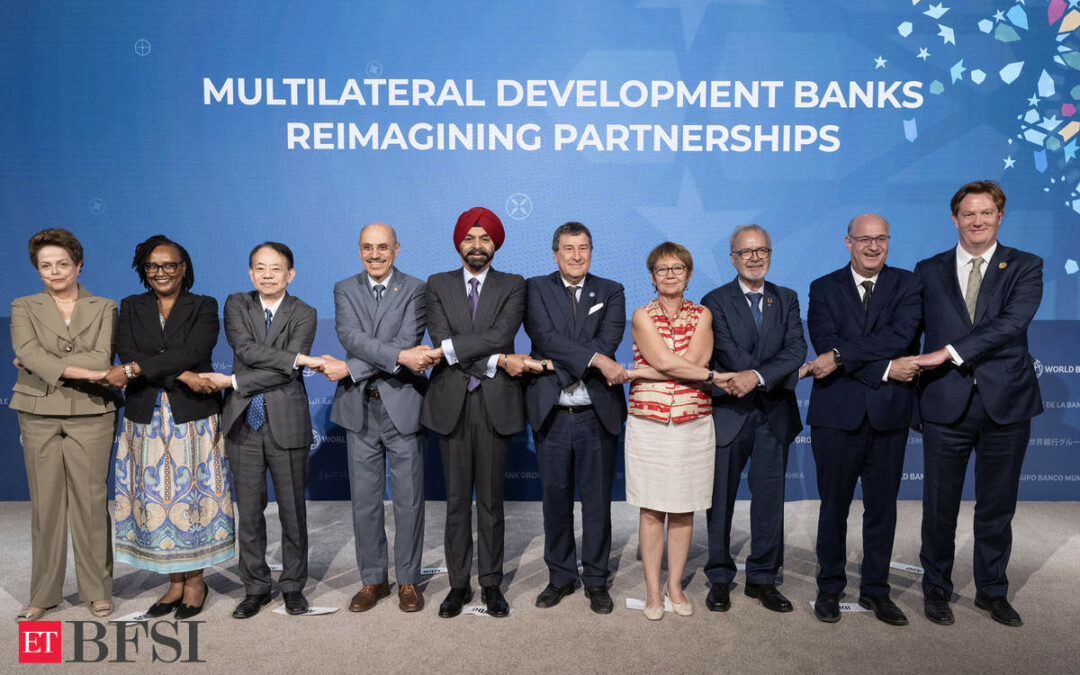By Marc Jones
LONDON, – Rating agency Fitch expects to finalise changes in the next 6-9 months that should allow the world’s biggest multilateral development banks (MDBs) to significantly ramp up lending without jeopardizing their prized credit scores.
Rating firms have been looking at how they rate the World Bank and other leading MDBs amid a global push for the banks to triple their lending for fighting poverty and climate change.
At the heart of the discussion are proposed changes such as modifying the allowances given for “callable capital,” commitments by shareholder governments to supply additional resources in the event of severe financial problems.
Fitch’s analyst Arnaud Louis said it was also looking at increasing the weight given to its “usable capital to risk-weighted assets (FRA) ratio” to potentially make it the “main anchor” of an MDB’s capitalisation assessment.
An initial consultation period on the changes ends on Jan. 24. They will then be refined and another consultation round conducted before the finalised adaptations are announced by the end of “summer”, if not earlier.
“The change that consists in giving more weight to the FRA would lead them (MDBs) to have more capital headroom, potentially to extend their balance sheet,” Louis added.
While he wouldn’t say how sizable that expansion might be, a study commissioned last year estimated that reforming the World Bank’s approach to risk could unlock nearly $190 billion in additional lending without jeopardizing its AAA rating.
“We will able to provide very clear guidance on what would lead to a negative rating action,” Louis said.
Another area Fitch is looking at is new clauses MDBs are putting into their loans that allow the borrower to defer repayments if they suffer a climate-change related natural disaster, such as drought or heavy flooding.
MDBs and borrowers want to avoid a situation where these repayment freezes get classed as a default by rating agencies.
“In our view, deferrals, when they are triggered, will not contravene the principle of preferred creditor status as long as those deferrals meet a number of conditions,” another Fitch analyst, Carlos Masip, said.
“They need to be NPV (net present value) neutral. The deferral period can’t be longer than three years. And then we expect that the (original) final maturity will be mostly respected.” (Reporting by Marc Jones Editing by Mark Potter)










